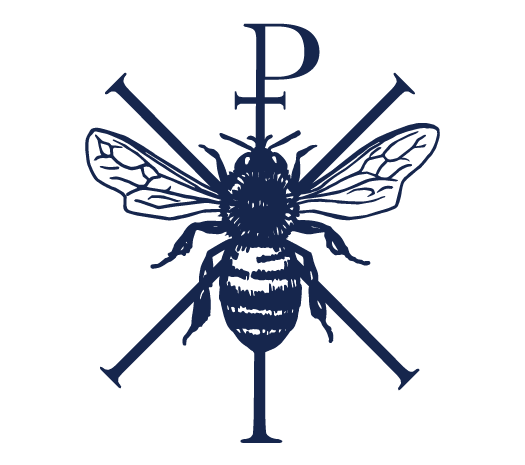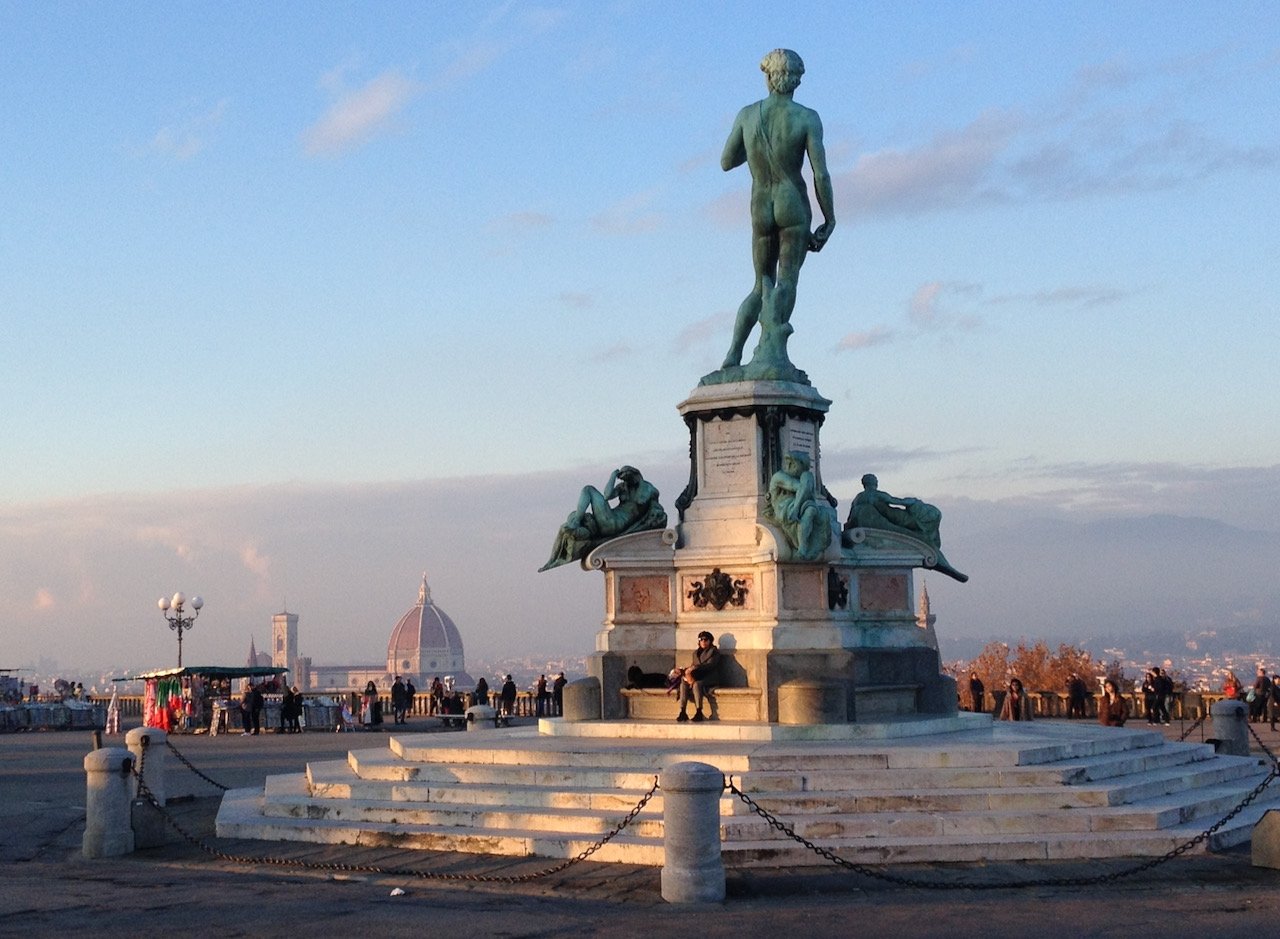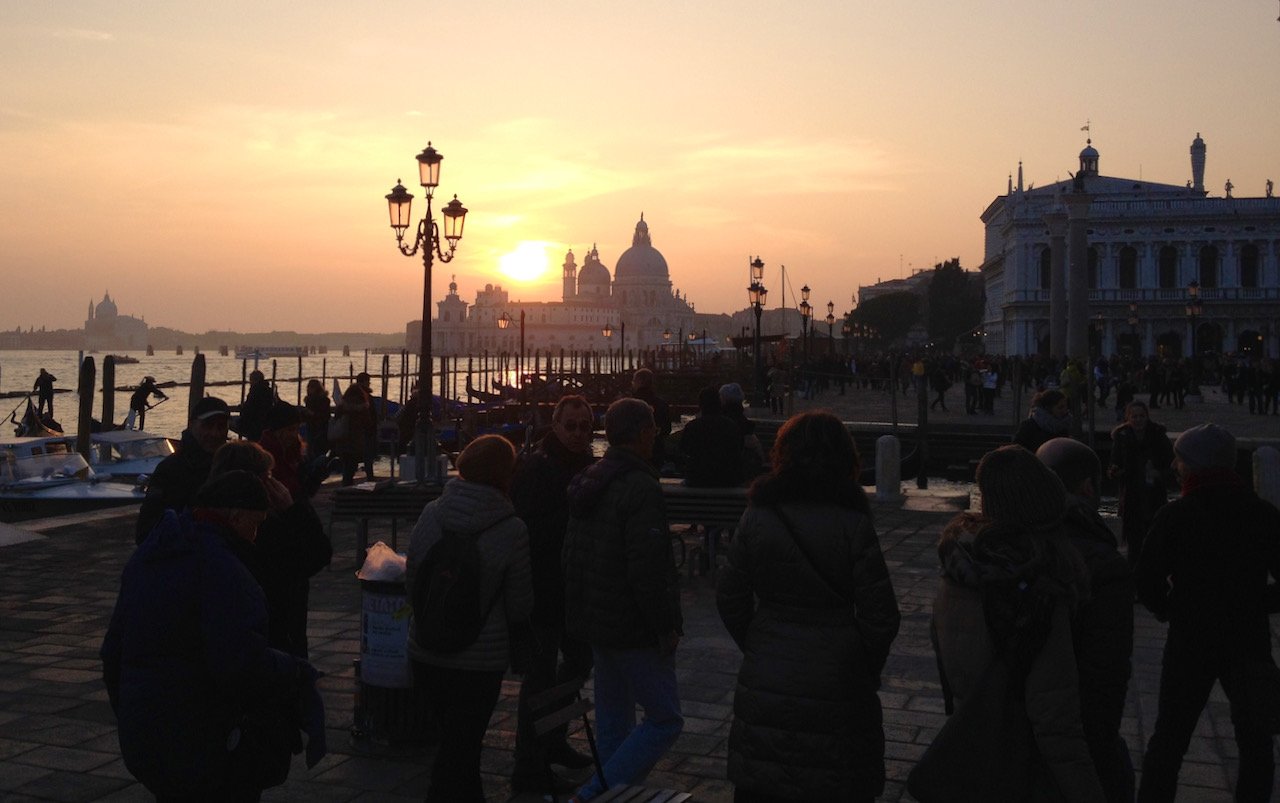Capstone Travel Course
for Classical Christian Schools
Coming Summer 2026
Taught by Dr. Bill & Lisa Miller
The Capstone Travel Course for Classical Christian Schools is a unique 8-day summer course for teachers and administrators who want to start or improve a classical school class trip to Europe. Led by veteran chaperones Dr. Bill and Lisa Miller, the Capstone Travel course offers on-site instruction in Rome and Florence that is intended to help trip planners make wise and informed decisions for student travel. Participants are encouraged to add additional days on their own in order to scout out various itinerary options for their school’s trip.
-
$2700 (single room)
$2400 (double room) -
2026 dates are to be announced - please subscribe to the newsletter at the bottom of the page if you would like be emailed when more information is available.
-
November 1, 2025
-
This course is designed to help teachers and administrators in a variety of situations, including:
Those who want to add a trip abroad to their classical Christian curriculum in the future.
Those who are actively planning an upcoming trip for their students.
Those who want to offer a post-graduation trip for their seniors.
Those who have used a tour company with a generic tour, but want to customize their trip to better meet the aims of a classical Christian school.
-
There’s no better way to become equipped to lead a group of students abroad than to do it yourself with experienced guides. Bill and Lisa Miller will lead you to :
Develop a compelling vision and telos for your school’s student trips.
Experience for yourself some of what you want your students to experience.
Learn best principles and practices for trips with classical Christian students, including shared documents and tips.
Explore with others ways for your school to leverage a customized student trip abroad to best enhance your specific curriculum and needs.
Consider the ins and outs of organizing trips on your own, through a tour company, or using a la carte services for your trip planning.
Engage in planning for your student trip(s).
-
The cost of the 8-day Capstone Travel course is $2,700 (single room rate*) or $2,400 (double room rate).
A non-refundable deposit of $300 per participant is required at the time of registration. Please see the the payment schedule at the end for full details about the remaining fees.
Travel insurance is the responsibility of each participant and is strongly suggested (see “What can I expect while traveling?”). Recommendations for travel insurance will be sent to participants after they register.
This course cost includes lodging, breakfasts, dinners, in-country transportation, and entrance tickets (museums, sites, concerts). At a minimum, the trip will include entrance into the following: Colosseum, Roman Forum, Vatican Museum, Sistine Chapel, Capitoline Museum, Pantheon, Florence Duomo, Uffizi.
The course fee does not include lunches, incidentals, travel insurance, or transportation to Rome (FCO) and return from Florence. Participants must arrange and pay for their own travel to Rome.
The course will end with check-out in Florence. Full details about the trip’s beginning and ending points and the potential for additional travel within Europe will be provided.
*A total of six single-room rate spots are available.
Payment schedule
Please note that payments are non-refundable, but they are transferable if the original participant is not able to attend. The January and April billed amounts may be sent to the individual who is traveling or to another designated school employee.
At registration: $300 deposit
January 15, 2026: participants billed $700
April 1, 2026: participants billed $1700 (for single room) or $1400 due (for double room)
-
In order to secure accommodations in Rome and Florence, the registration deadline for the trip is November 1, 2025. If you are interested in registering after that time, please contact Dr. Bill Miller to see if space is still available.
-
Yes, space is limited to 12 travelers.
The course has a minimum of 9 students in order to run (the registration fee will be completely refunded if the course does not meet the minimum).
-
Participants should expect to travel in a very similar manner to how a student group would travel. This includes:
Travel insurance: Participants are urged to purchase their own travel insurance to cover items such as medical insurance, trip cancellation, trip delays, lost baggage, etc. Recommendations for travel insurance will be provided upon registration.
Traveling light: Participants should be prepared to pack with no more than one medium sized roller bag (or large backpack) and one carry-on sized day backpack.*
Getting around: Public transportation will be used whenever possible.
Accommodation: Participants will stay in Catholic-owned guest houses in city-center locations, which are similar to a clean, well-maintained 2-star hotel.
Physical fitness: Participants will be expected to walk as much as 6-8 miles a day and be on their feet for long periods of time. Unfortunately it is not possible to accommodate participants with significant physical disabilities. (Please contact the institute if you have questions or concerns.)
Cuisine: Participants will be encouraged to eat family-style meals for dinner in order to gain exposure to a wide variety of local foods. Dietary restrictions can be accommodated including gluten intolerance, diary-free, nut allergies, etc.
Language: Participants are not required to speak Italian, but are encouraged to learn some basic phrases before the trip (to be provided for travelers).
* A detailed packing list will be provided after registration.
-
Bill Miller (PhD), his wife Lisa, and their children lived in Prague for eight years while he served as a professor. Bill has been leading the Ambrose senior trip for 5 years—a program that is 17 years running. He led the program through the COVID period, which included varying itineraries and the flexibility to pull off trips with late notice, and he has been working with colleagues to refine the classic Ambrose student trip as things returned to normal after COVID.
Lisa currently works as the Registrar at The Ambrose School and gained experience as a tour manager for high school student trips while living in Europe. Together, Bill and Lisa have led a number of mission trips and study abroad experiences for students to various parts of Europe and Central Asia. They have considerable experience in planning itineraries, coordinating trips for schools, arranging accommodations and transportation, working with tour companies, etc., and they look forward to sharing their knowledge and expertise with other classical Christian schools.
-
Dr. Bill and Lisa Miller will use The Ambrose School’s guidelines regarding the purpose of the class trip to Europe. These goals are:
Reinforcing the curriculum:
Can your students envision themselves in the ancient world of Julius Caesar? It’s one thing to learn about the Roman Empire in a book, it’s another thing altogether to stand in the streets of the Roman Forum and be able to envision the political intrigues, pagan worship practices, and economic markets and trade happening all around you. Then, imagine the Gospel of Jesus Christ being brought into such a society, eventually turning it upside down.
Learning to travel well:
If dropped into a foreign country, would you know how to get around, learn the culture, and discover all of the most fruitful experiences that place has to offer? We want to teach our students how to capitalize on learning opportunities, to pace themselves (to digest what you are experiencing/learning), and to have exposure to different cultures—everything from tasting new cuisine to observing different cultural practices to using public transportation.
Exercising virtues:
Have your students learned how to apply Christian and classical virtues in unique situations and environments? Learn how travel experiences can provide a great context for exercising virtues in new and different ways. Students are living in close quarters with their classmates; they are disoriented by a foreign language spoken and printed on signs all around them; they encounter jet lag and exhaustion. These challenge their commitment to being gracious to others, exercising patience, and being committed to the needs and desires of others over themselves.
-
The daily schedule will include:
Daily briefings and debriefings
Visiting museums and sites
Group discussions
Training sessions
Meals
The exact 2026 travel dates will be posted when available.
-
Participants in the course are expected to complete the following assignments:
Travel journal
Itinerary planning
Briefing and debriefing assignments
Final Course Project: Designing a trip for your school
-
Shared documents will include sample versions of the following:
Trip terms and conditions
Sample itineraries
Tour company agreements
Annual task list
Chaperone roles and responsibilities
Student pledge
Alcohol permission form
-
Course participants can look forward to discussing the following topics—and more!
Touring vs. traveling
Customizing your trip to reinforce your school’s curriculum
Schedule and itinerary planning
Choosing destinations
Cultural experiences (sports, theater, bread baking); scouting out concerts, etc.
Working with a tour guide or tour company
Budget and financing issues
Chaperones
Pre-trip preparation for students
Risk assessment, liability issues, and insurance
Project management
If you have additional questions that are not addressed in the section above, please reach out to Dr. Bill Miller.








